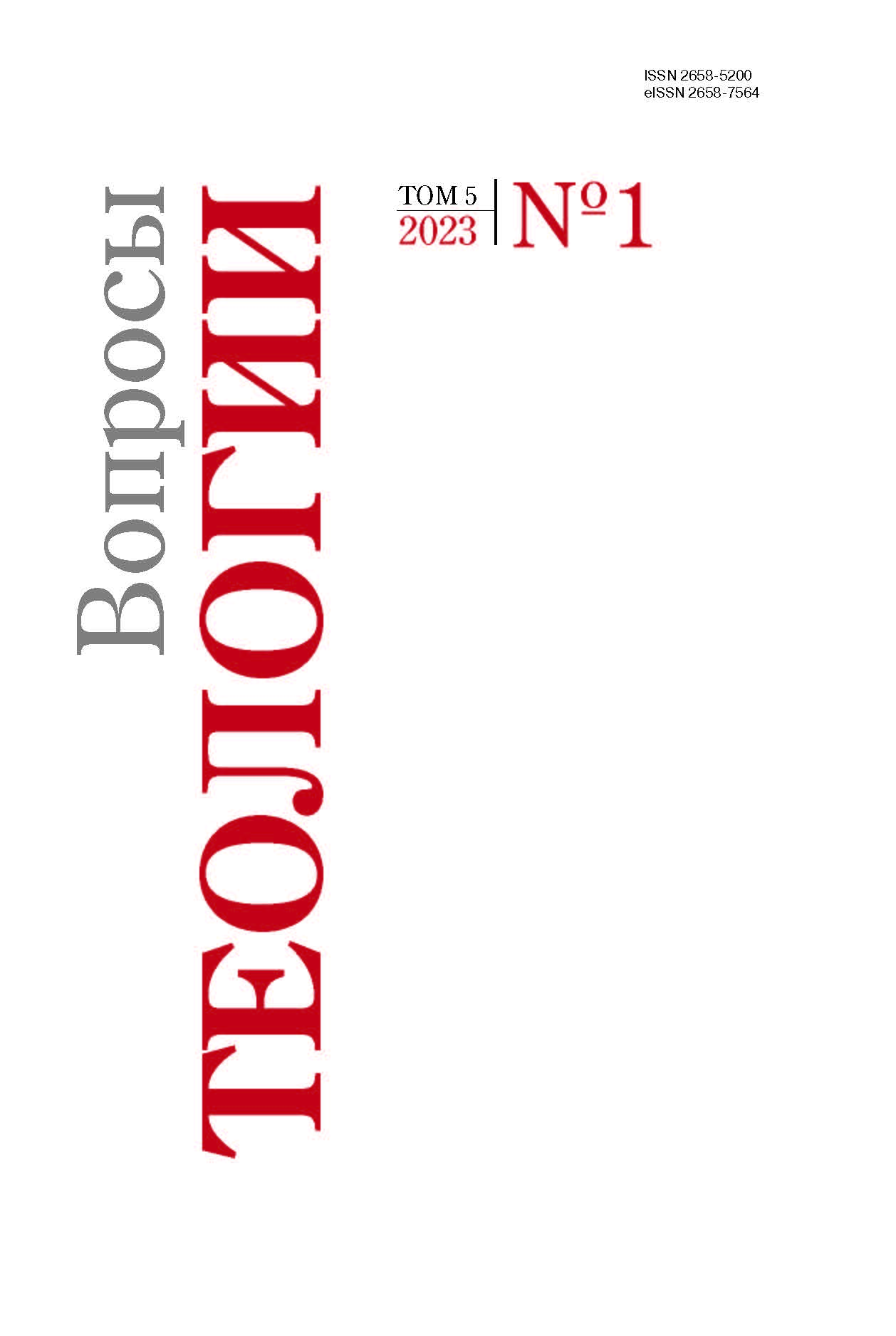Suleiman of Gazza on the Ecumenical Councils
DOI:
https://doi.org/10.21638/spbu28.2023.102Abstract
The article discusses the ideas about the history and deeds of the Ecumenical Councils of the Melkite writer of the 10th–11th centuries Suleiman, Bishop of Gaza, the first Arabic-speaking Christian poet and author of a number of theological and philosophical treatises. Although Suleiman was not a historian, he nonetheless wrote two noteworthy texts on the history of the Ecumenical Councils. According to a number of formal criteria, these texts may well be attributed to “the synopsis of the Councils” genre, which was very popular in Byzantium and was widely used in Byzantine doctrinal and catechetical literature. At the same time, this genre was not in demand in Melkite literature, and the Bishop of Gaza was actually the only Arabic-speaking Melkite writer who created works in “the synopsis of the Councils” genre, which was widely used in Byzantine doctrinal and catechetical literature. The author notes that, unlike most Melkite writers of the 8th–13th centuries (St John of Damascus, Theodore Abu Qurrah, Agapius of Manbij, Macarius of Sinai), who had quite adequate ideas about the history of the Ecumenical Councils and their deeds, Suleiman in his treatises makes many mistakes, both purely historical and concerning the theological essence of some heresies condemned by the Councils. The article attempts to establish the reasons for the mistakes made by Suleiman of Gazza and find logical explanations for some of them. The author comes to the conclusion that Suleiman’s knowledge of Church history cannot be considered satisfactory. Because of this, it is absolutely impossible to call the Bishop of Gazza a writer who knew the history of the Church well, as some researchers do.
Keywords:
Christian Arabs, Melkites, Synopsis of Councils, Arab Christian literature, doctrinal literature, Ecumenical Councils
Downloads
References
References
Downloads
Published
Issue
Section
License
Articles of "Issues of Theology" are open access distributed under the terms of the License Agreement with Saint Petersburg State University, which permits to the authors unrestricted distribution and self-archiving free of charge.




